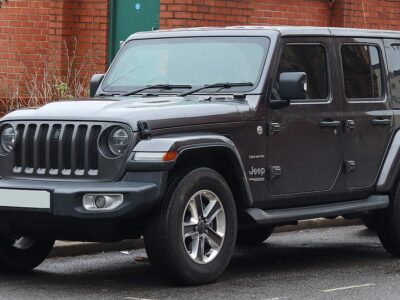
Tesla Model Y Towing Capacity and Real-World Range Impact (2025 Edition)
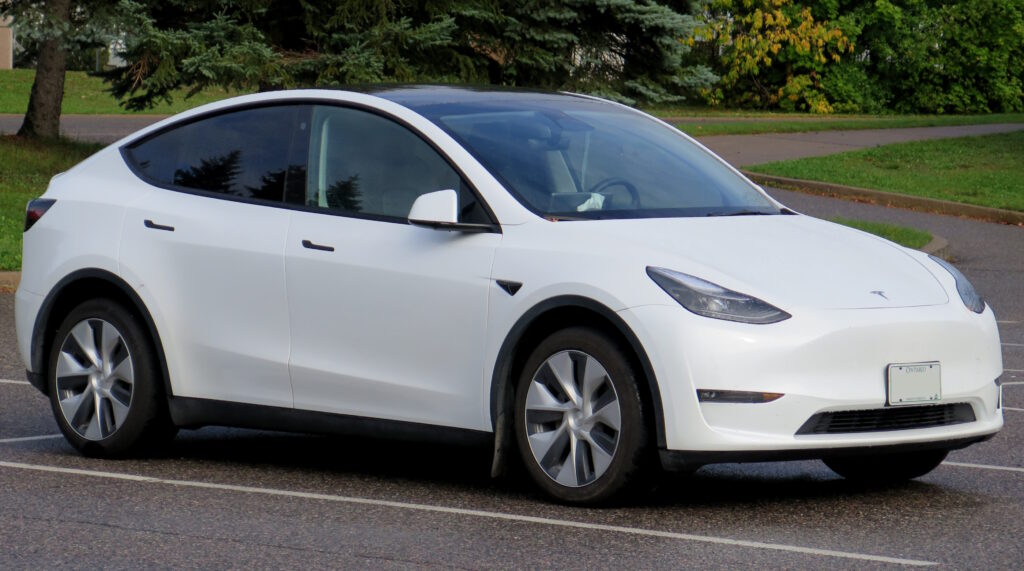
- Introduction
- Tesla Model Y Towing Capacity by Variant
- Real-World Range Loss While Towing
- Real Example: 1,050-Mile Towing Trip
- Towing Efficiency by Trailer Type
- How Charging Affects Long-Distance Towing
- Performance and Handling While Towing
- Practical Recommendations for Tesla Model Y Towing
- Model Y vs Other EVs in Towing Performance
- Real-World Charging Stops: What to Expect
- Maintenance and Safety Notes
- Pros and Cons of Towing with Tesla Model Y
- Final Thoughts
- FAQs
Introduction
The Tesla Model Y stands as one of the most versatile electric SUVs on the market, blending performance, practicality, and technology. Yet, when it comes to towing, many drivers wonder: how much can the Model Y pull, and how does towing affect range and efficiency? In this comprehensive guide, we explore real-world towing performance, battery consumption, charging strategies, and practical advice for anyone planning to tow with a Tesla Model Y.
Tesla Model Y Towing Capacity by Variant
| Model Y Variant (2025) | Towing Capacity (braked) | Towing Capacity (unbraked) | Max Tow Hitch Weight |
|---|---|---|---|
| Model Y RWD (Standard Range) | 1,600 kg (3,527 lbs) | 750 kg (1,653 lbs) | 100 kg (220 lbs) |
| Model Y Long Range (AWD) | 1,600 kg (3,527 lbs) | 750 kg (1,653 lbs) | 100 kg (220 lbs) |
| Model Y Performance (AWD) | 1,600 kg (3,527 lbs) | 750 kg (1,653 lbs) | 100 kg (220 lbs) |
All versions equipped with the Tesla factory tow package include a Class II receiver, 7-pin wiring harness, and Tow Mode software, optimizing stability and power delivery during towing.
Real-World Range Loss While Towing
Towing any trailer—whether with a diesel truck or an EV—reduces efficiency. However, the impact is more noticeable in electric vehicles because energy consumption directly cuts into usable driving range.
⚡ Typical Range Reduction
- Without trailer: ~330 miles (EPA, Model Y Long Range, 19-inch wheels)
- With small trailer (~1,200 lbs): ~160–180 miles
- With mid-size camper (~2,000–3,000 lbs): ~120–150 miles
- With large trailer (>3,000 lbs): ~90–110 miles
In practical testing, towing can double the vehicle’s energy consumption, moving from 350 Wh/mi to around 700 Wh/mi on long highway trips.
Real Example: 1,050-Mile Towing Trip
A detailed real-world account from a Model Y owner who towed a 5x8 ft U-Haul trailer (950 lbs dry, 300 lbs cargo) over 1,050 miles revealed striking numbers:
You may be interested in reading 2024 Tesla Model Y Tyre Pressure Guide: Recommended PSI, Load Index & TPMS Insights
2024 Tesla Model Y Tyre Pressure Guide: Recommended PSI, Load Index & TPMS Insights| Trip Type | Average Wh/mi | Trip Duration | Average Speed | Effective Range |
|---|---|---|---|---|
| Without Trailer | 350 Wh/mi | 15 hrs | 65 mph | ~300 miles |
| With Trailer | 700 Wh/mi | 23.5 hrs | 65 mph | ~100 miles |
Key Observations
- For every 1% of battery, only 1 mile of towing range was achieved.
- Speed moderation was crucial: dropping from 65 to 55 mph extended range enough to reach the next Supercharger.
- The climate system had to be used sparingly, relying mainly on seat heaters.
- The car arrived with 0% battery at several stops despite charging to 99%.
Towing Efficiency by Trailer Type
| Trailer Type | Weight | Aerodynamic Profile | Estimated Energy Use (Wh/mi) | Approx. Range (mi) |
|---|---|---|---|---|
| Small U-Haul (5x8 ft) | 1,250 lbs | Boxy | 700 Wh/mi | 100–120 |
| Enclosed Trailer (4x8 ft) | 1,000 lbs | Moderate | 650 Wh/mi | 120–130 |
| Travel Camper (~3,000 lbs) | 3,000 lbs | Poor | 800 Wh/mi | 90–100 |
| Boat Trailer (~2,000 lbs) | 2,000 lbs | Streamlined | 600 Wh/mi | 140–160 |
How Charging Affects Long-Distance Towing
Unlike combustion engines, EVs rely on strategically placed charging stations. With towing, spacing between chargers becomes critical.
Recommended Planning Strategy
- Limit each leg to 100 miles when towing.
- Precondition battery before arriving at a Supercharger.
- Charge to 95–100% when stations are far apart.
- Use Tesla’s navigation “with trailer” mode (if enabled) to estimate energy usage dynamically.
Performance and Handling While Towing
Despite the heavy load, the Model Y exhibits impressive stability and control.
- Acceleration: Still brisk even when towing.
- Braking: Regenerative braking assists effectively downhill.
- Autopilot: Fully functional while towing.
- Suspension: Slight squat noticeable but manageable.
The Model Y’s low center of gravity (thanks to its battery placement) enhances trailer stability at highway speeds.
Practical Recommendations for Tesla Model Y Towing
✅ Before You Tow
- Ensure Tow Mode is activated.
- Verify tire pressures (increased slightly within Tesla’s safe limits).
- Check tongue weight does not exceed 100 kg.
- Secure all cargo to prevent sway.
⚠️ While Towing
- Maintain speeds between 55–65 mph for best range.
- Use seat heaters instead of cabin heat.
- Avoid unnecessary acceleration bursts.
- Keep aerodynamic drag minimal (closed trailer > open frame).
🧭 After Each Stop
- Inspect hitch and wiring connections.
- Check regenerative braking efficiency.
- Monitor Wh/mi readings via the Energy app.
Model Y vs Other EVs in Towing Performance
| Electric SUV | Max Tow Rating (kg) | Typical Range Loss (%) | Notable Trait |
|---|---|---|---|
| Tesla Model Y | 1,600 | 50–55% | Excellent handling, Autopilot works |
| Ford Mustang Mach-E | 1,000 | 45–55% | Slightly lower efficiency |
| Hyundai Ioniq 5 | 1,600 | 50–60% | Good stability, less range |
| Kia EV6 | 1,600 | 55–60% | Sporty but higher energy use |
| VW ID.4 | 1,200 | 50–55% | Comfortable, slower charging |
| Rivian R1S | 3,500 | 55–65% | High capacity, luxury-grade |
Real-World Charging Stops: What to Expect
On long trips, you can expect Supercharging every 90–100 miles, depending on terrain and trailer aerodynamics. Charging time at each stop increases because you must often charge to a higher SOC (90–100%) than during normal driving.
Example:
You may be interested in reading 2024 Tesla Model Y Tyre Pressure Guide: Recommended PSI, Load Index & TPMS Insights
2024 Tesla Model Y Tyre Pressure Guide: Recommended PSI, Load Index & TPMS Insights Tesla Model Y Boot Dimensions: The Complete and Practical Guide
Tesla Model Y Boot Dimensions: The Complete and Practical Guide- Route: Chicago → Denver (1,000 miles)
- Average stops: 10–11
- Total charging time: 9–10 hours
- Total trip duration: ~24 hours
Maintenance and Safety Notes
- Inspect brakes and suspension more frequently if you tow often.
- Avoid exceeding rated towing weights; this may void warranty coverage.
- Confirm lighting and signals work properly via the Tesla display.
- Use load-distribution hitches for larger trailers when applicable.
Pros and Cons of Towing with Tesla Model Y
| Pros | Cons |
|---|---|
| Silent and smooth towing experience | Significant range reduction |
| Excellent torque and instant power | Frequent charging stops |
| Autopilot compatible | Limited towing capacity (1,600 kg max) |
| Strong regenerative braking | Increased trip duration |
| Stable handling at highway speeds | Tow bar not standard (optional package) |
Final Thoughts
Towing with the Tesla Model Y is entirely possible, comfortable, and technologically advanced—but it requires careful range management and trip planning. Expect your range to drop by roughly 50%, depending on trailer type and driving conditions. Yet, the Model Y compensates with superior control, instant torque, and seamless Autopilot support, making it one of the most capable all-electric SUVs for light to medium towing duties.
FAQs
1. How much can the Tesla Model Y tow?
Up to 1,600 kg (3,527 lbs) with the factory tow package.
2. Does towing affect Tesla’s warranty?
No, as long as you use the official Tesla Tow Package and stay within rated limits.
3. Can I use Autopilot while towing?
Yes. Autopilot functions normally when Tow Mode is active.
4. What’s the best speed to tow for optimal range?
Between 55 and 65 mph, depending on terrain and wind.
 2024 Tesla Model Y Tyre Pressure Guide: Recommended PSI, Load Index & TPMS Insights
2024 Tesla Model Y Tyre Pressure Guide: Recommended PSI, Load Index & TPMS Insights Tesla Model Y Boot Dimensions: The Complete and Practical Guide
Tesla Model Y Boot Dimensions: The Complete and Practical Guide Tesla Model Y Battery Replacement Cost: The Complete 2025 Breakdown
Tesla Model Y Battery Replacement Cost: The Complete 2025 Breakdown5. How often should I stop to charge when towing?
Every 90–100 miles on average.
If you want to know other articles similar to Tesla Model Y Towing Capacity and Real-World Range Impact (2025 Edition) you can visit the category Service and Parts.
Leave a Reply

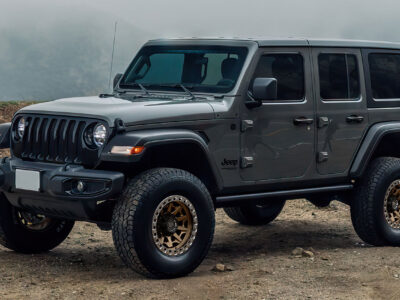
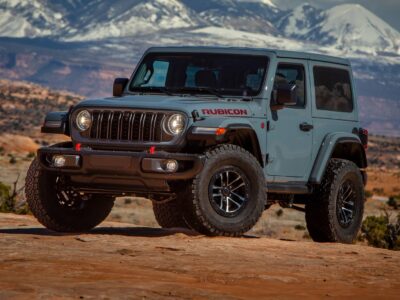
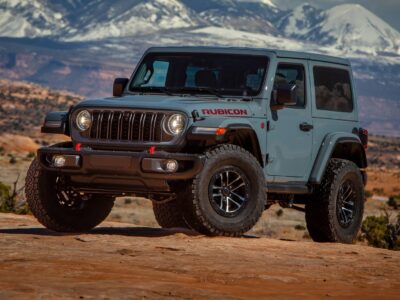
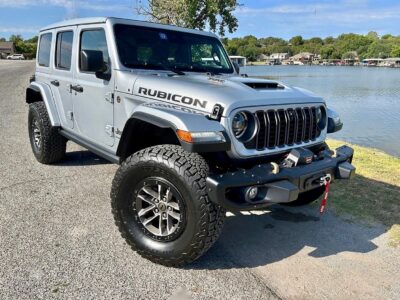
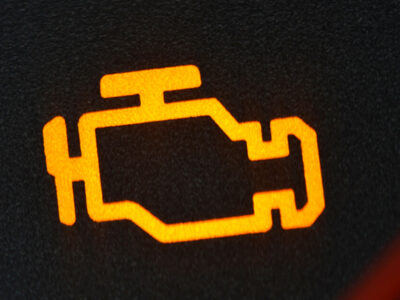
More content of your interest